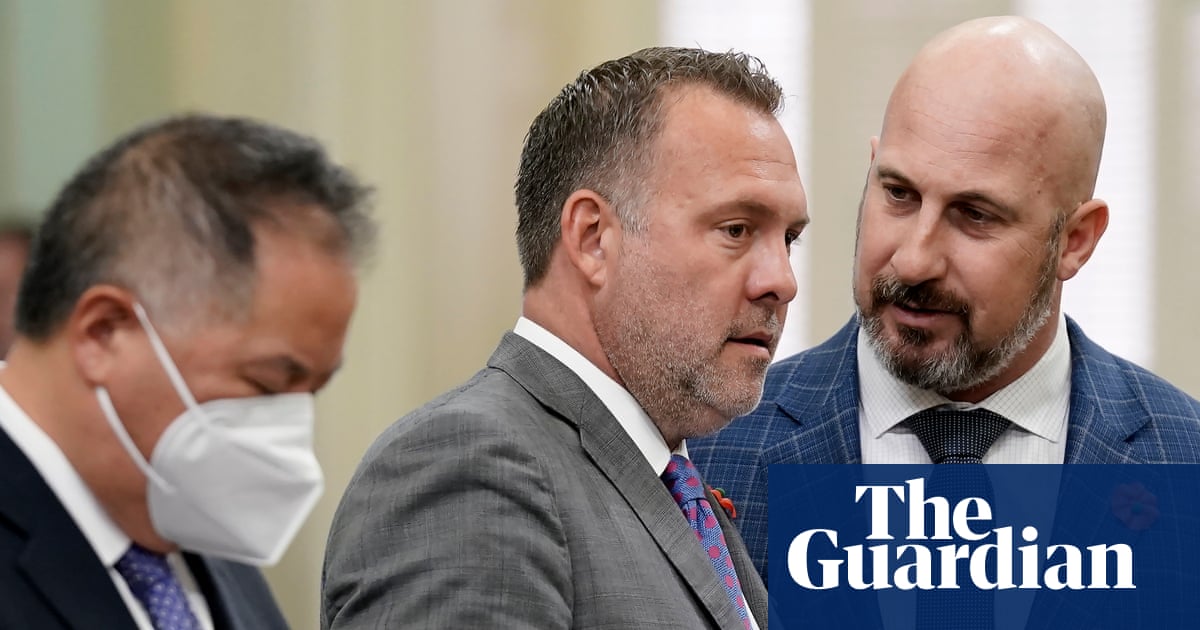LUANDA, Angola (AP) — Joe Biden is using the first visit to Angola by a U.S. president to promote Washington's hefty modern investments in the sub-Saharan Africa nation and to see a slavery museum where he'll acknowledge how the trafficking of human beings once linked the two nations' economies.
A centerpiece of his trip is showcasing the U.S. commitment of $3 billion to the Lobito Corridor, a railway redevelopment linking Zambia, Congo and Angola that is meant to make it far easier to move raw materials around the continent and for export. The project also has drawn financing from the European Union, the Group of Seven leading industrialized nations, a Western-led private consortium and African banks.
The project aims to advance the U.S. presence in a region rich in the critical minerals used in batteries for electric vehicles, electronic devices and clean energy technologies and to counter China's heavy investments in mining and processing African minerals.
The U.S. has for years built relations in Africa through trade, security and humanitarian aid. The 800-mile (1,300-kilometer) railway upgrade is a different move and has shades of China’s Belt and Road foreign infrastructure strategy in Africa and other parts of the world.
Biden is set to fly to the Angolan port city of Lobito on Wednesday for a firsthand look at the corridor.
White House national security spokesman John Kirby said the Biden administration “has absolutely transformed” U.S.-Africa relations and that the corridor's full completion is “going to take years but there’s already been a lot of work put in.”
That means much of it may fall to Biden's successor, Republican Donald Trump, who takes office on Jan. 20. Asked whether the project could proceed without future support from Trump, Kirby said it was “our fervent hope that as the new team comes in and takes a look at this that they see the value too, that they see how it will help drive a more secure, more prosperous, more economically stable continent.”
Kirby, speaking aboard Air Force One as Biden flew to Angola, said that the corridor was about more than simply Washington trying to outpace Beijing geopolitically.
“I would say there is no cold war on the continent. We’re not asking countries to choose between us and Russia and China. We’re simply looking for reliable, sustainable, verifiable investment opportunities that the people of Angola and the people of the continent can rely on," he said. "Too many countries have relied on spotty investment opportunities and are now wracked by debt.”
The last U.S. president to visit sub-Saharan Africa was Barack Obama in 2015. Biden attended a United Nations climate summit in Egypt in North Africa in 2022.
Biden had promised to visit Africa last year, after reviving the U.S.-Africa Summit in December 2022. But the trip was delayed until this year and then pushed back again this October because of Hurricane Milton — reinforcing a sentiment among Africans that their continent is still low priority for Washington.
On Tuesday, Biden is to attend an official arrival ceremony and hold a bilateral meeting with Angolan President Joao Lourenco. Biden welcomed Lourenco to the Oval Office in November of last year.
Biden is also set to meet with leaders from African business engagement groups he helped found before visiting Angola’s National Slavery Museum. The site was once the headquarters of the Capela da Casa Grande, a 17th century temple where slaves were baptized before boarding the ships that took them to America.
Kirby said Biden will give a speech there acknowledging “both the horrific history of slavery that has connected our two nations, but also looks forward to a future predicated on a shared vision that benefits both our people.”

 German (DE)
German (DE)  English (US)
English (US)  Spanish (ES)
Spanish (ES)  French (FR)
French (FR)  Hindi (IN)
Hindi (IN)  Italian (IT)
Italian (IT)  Russian (RU)
Russian (RU) 























Comments